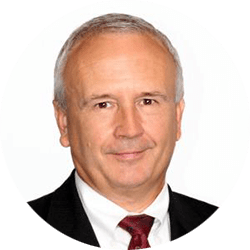
The Federal Circuit once again held, in Rain Computing, Inc. v. Samsung Electronics America, Inc., et. al., 2020-1646 (Fed. Cir. March 2, 2021), that a patent owner cannot rely on a general-purpose computer as a structure for performing the function recited in the claim language when the claim language is construed to be means-plus-function.
Most patent litigators are well familiar with this issue as it routinely arises in software patents.
The more interesting twist to this decision was the Court’s application of these principles to a means-plus-function term “nested in” a method claim.
Ultimately, the Court determined that because neither the claim language nor the specification provided an algorithm to achieve the function set forth in the claim, the claim was indefinite.
The take-away from this case is that regardless of whether the asserted patent infringement is based on an apparatus or method claim, accused infringers should be looking to apply means-plus-function principles to software-directed patents and patent owners need to be prepared to respond to this challenge.
Contact a Patent Litigation Lawyer Today
If you believe your patent is being infringed or if you have been sued for patent infringement, Polasek Law Firm can help.
Polasek Law Firm provides experienced patent litigation services to clients nationwide with a client-focused, result-oriented approach to all of the cases the firm handles.
The firm also provides contingency-fee patent litigation services for clients who cannot afford a patent infringement attorney by the hour.
Contact Polasek Law Firm today through the online form, or give the firm a call at 832-280-1549 to schedule a free consultation.


